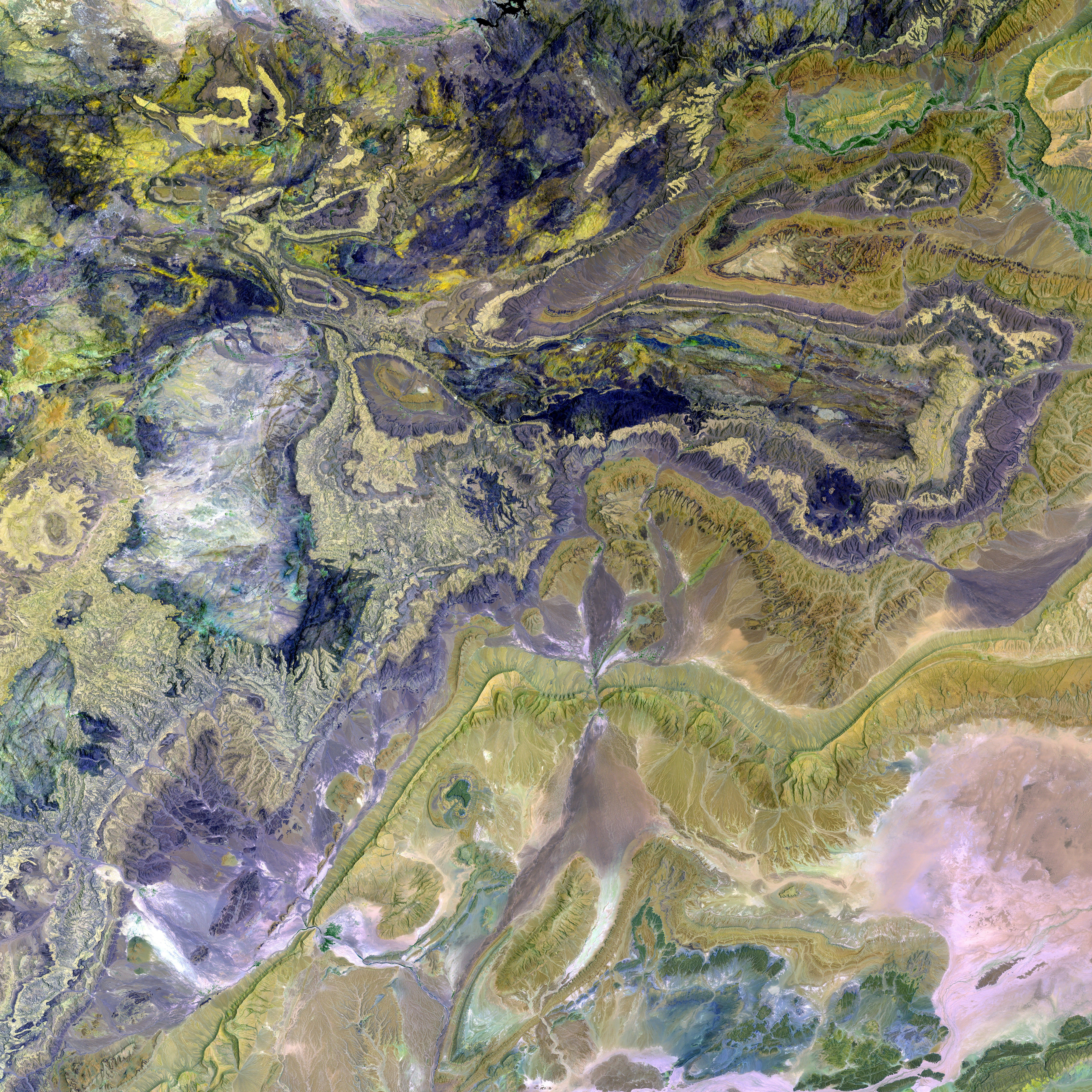Inquiry about the timeline for the realization of Auen's development plan.
City Councillor Jürgen Kasek presses for updates on Elster floodplain development concept
Impatience surrounds the Elster floodplain development concept, as city council factions eagerly await its presentation. Jürgen Kasek, a former city councillor, used a recent city council meeting to address this issue, given the absence of Environmental Mayor Heiko Rosenthal.
The development concept, first adopted by the city council during the previous term, aims to rebuild the rivers in the Elster floodplain to make them more natural and ensure sufficient water for the floodplain forest. According to Kasek's citizen's request, the outline of the North-West floodplain concept should be available by Q1 2025, which is crucial given the ongoing revised Water Tourism Utilization Concept (WTNK) discussions.
The Office for Urban Greenery and Waters informed Kasek that parts of the floodplain development concept have already been completed. As per the office, the concept for the Elster-Luppe floodplain (North-West floodplain) was finished in August 2024, with work ongoing for the South floodplain concept. Discussions with various stakeholders, including specialist authorities and users, are ongoing to establish ecological development solutions for the South floodplain.
Addressing Kasek's concerns about the realistic nature of the Q4 2025 completion timeline, Acting Environmental Mayor Burkhard Jung assured that the deadline would likely be met. This development will result in the public being informed about the redesign of the Elster floodplain.
The question of funding for the large-scale nature conservation project, involving the cities of Leipzig and Schkeuditz, was raised in relation to the North floodplain. A joint application for project funds submitted to the Federal Agency for Nature Conservation (BfN) and the Saxon Ministry of the Environment (SMUL) in August 2024 is currently under review and coordination between the two funding providers. The project's funding hinges on confirmed public budgets at the state and federal levels, as explained by the Office for Urban Greenery and Waters.
The possible impact of the WTNK on the floodplain development was also addressed. Experts assessed that the WTNK update is compatible with the floodplain development goals, and no conflict was found. However, adaptations to water tourism boat use or relocation/dismantling of certain water structures may be necessary to avoid hindering floodplain development.
In response to Kasek's concerns, Burkhard Jung affirmed that the necessary adjustments would be made when the floodplain development concept is presented towards the end of the year. The Office for Urban Greenery and Waters had initially avoided addressing the potential conflict between the WTNK and floodplain development. However, they emphasized that project approval and licensing decisions would not be made by the WTNK and its resolution. Instead, the respective project carrier is responsible for planning, approval, implementation, and financing.
The Interreg Europe programme has indicated that no funds are left for the 2021-2027 period, suggesting that new large-scale project applications may not be funded at this time.
For the most accurate and up-to-date information about the Elster floodplain project, it is necessary to consult local or national environmental authorities or the project’s official website.
- Given the ongoing discussions about the revised Water Tourism Utilization Concept (WTNNK) and the critical timeline for the North-West floodplain concept, the question of funding for the large-scale nature conservation project in the Elster floodplain becomes increasingly significant in the context of policy-and-legislation and general-news.
- The development of the Elster floodplain aims to rebuild the rivers in a more natural state and ensure sufficient water for the floodplain forest, which is vital in the realm of environmental-science and climate-change.
- As the debate around WTNK's impact on the floodplain development continues, politics plays a crucial role in determining any necessary adjustments to water tourism boat use or the relocation/dismantling of certain water structures, ensuring the success of the floodplain development concept in accordance with the city's environmental-policy objectives.








